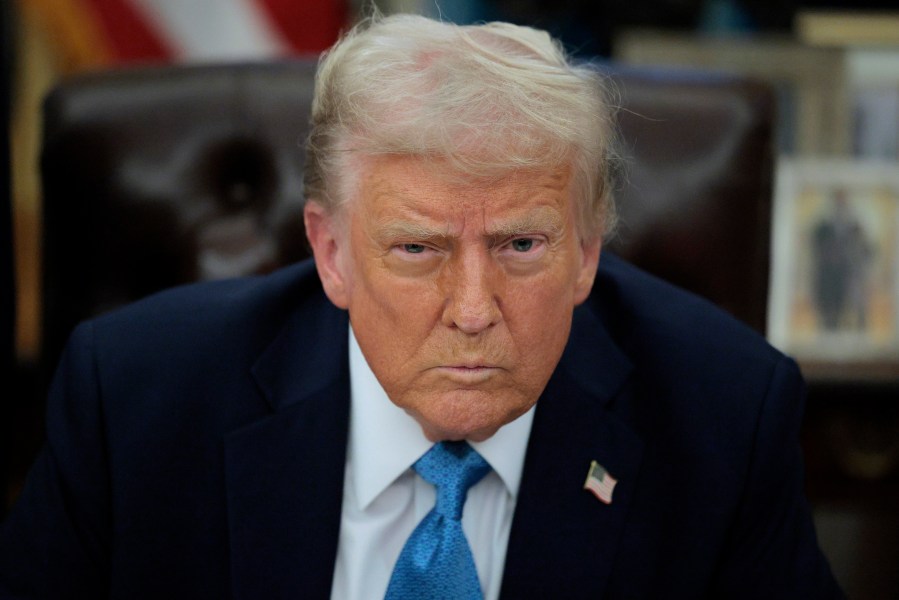(NewsNation) — A third federal judge is weighing President Donald Trump’s push to end birthright citizenship Friday after a second judge ordered a nationwide pause earlier this week.
At issue is whether birthright citizenship is enshrined in the Constitution and is essentially a disagreement over the interpretation of the 14th Amendment.
So far, judges appointed by both Republican and Democratic presidents have said the 14th Amendment does grant birthright citizenship. On Monday, U.S. District Judge Deborah Boardman in Maryland put an injunction on Trump’s executive order.
In Seattle on Thursday, U.S. District John Coughenour issued his own injunction, accusing Trump of trying to change the Constitution “under the guise of an executive order.”
What happens if the Department of Education is abolished?
Washington state Attorney General Nick Brown praised the judge’s decision, saying that “time and time again, (Trump) has shown a disdain for the United States Constitution.”
Meanwhile, the Trump administration is focusing on a four-word phrase in the 14th Amendment: “subject to the jurisdiction.”
Per the 14th Amendment, “all persons born or naturalized in the United States and subject to the jurisdiction thereof, are citizens of the United States and of the state wherein they reside.”
Trump administration officials say this means people in the U.S. illegally, visiting or on a visa are not subject to the jurisdiction of the U.S. — and, therefore, their children are not citizens.
Trump’s attempt to end birthright citizenship would overturn more than a century of precedent
It may be an uphill fight, with precedent set at a Supreme Court case more than a century ago. Back then, the high court ruled children born in the U.S. to Chinese parents — who were prohibited from becoming citizens at that time — could be citizens under the 14th Amendment.
Trump’s executive order was set to go into effect on Feb. 19 but now will remain blocked unless both courts are overruled.
More than two dozen states and organizations are part of at least nine different lawsuits challenging the order.
Friday’s hearing in Boston is set to start at 10 a.m. ET, and a fourth case will be heard Monday in New Hampshire.
